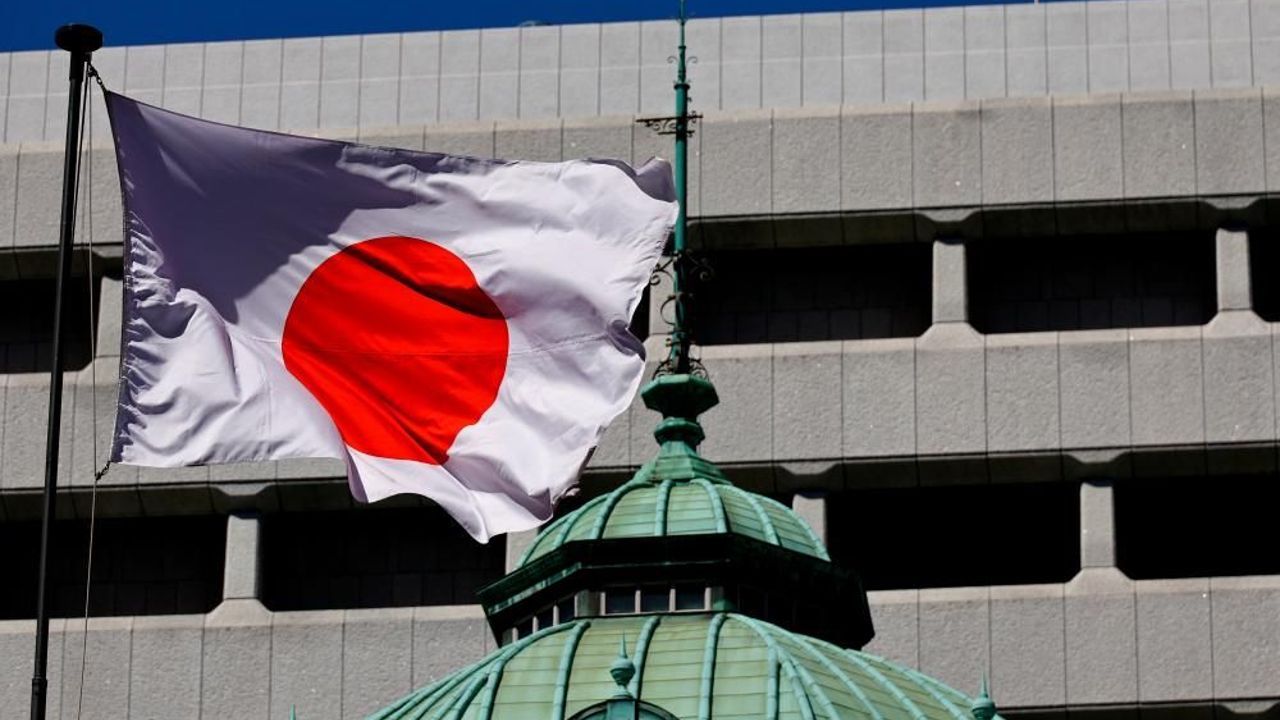Japan ends last negative-rate regime in landmark move
Bank of Japan hints at historic shift with first rate hike in 17 years, departing from negative rates era

Japan has become the last country to end its negative-rate regime, marking the end of an era in global monetary policy.
Bank of Japan Governor Kazuo Ueda, as chair of the policy-setting board, has proposed terminating negative interest rates, which underscores a historic shift.
While potentially signaling Japan's first interest rate hike in 17 years, interest rates are expected to remain near zero amid a fragile economic recovery.
"This would be the first rate hike in 17 years, so it has a lot of symbolic significance. However, the actual impact on the economy is very small. We would not expect a substantial rise in funding costs or household mortgage rates," said Izumi Devalier, head of Japan economics at BofA Securities.
Additionally, the Bank of Japan will significantly reduce the upper limit of bond purchases at each bond-buying operation.
The central bank has reduced the upper limit for purchasing 5-10-year Japanese Government Bonds (JGBs) to 550 billion yen from 900 billion yen and for 3-5 year bonds to 500 billion yen from 750 billion yen.
Despite these changes, the central bank plans to maintain the frequency of bond-buying operations across the yield curve.
It has previously executed aggressive bond-buying measures to support its ultra-low rate policy.
The decision represents a significant departure from Japan's decade-long struggle with deflation.
It emphasizes a newfound commitment to stabilizing short-term rates within the 0-0.1% range.
Source: Newsroom









